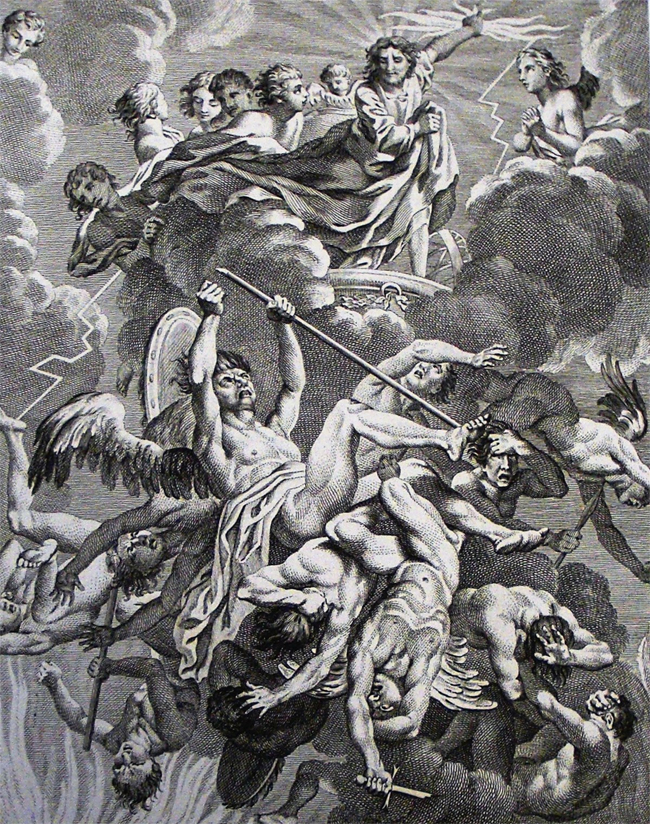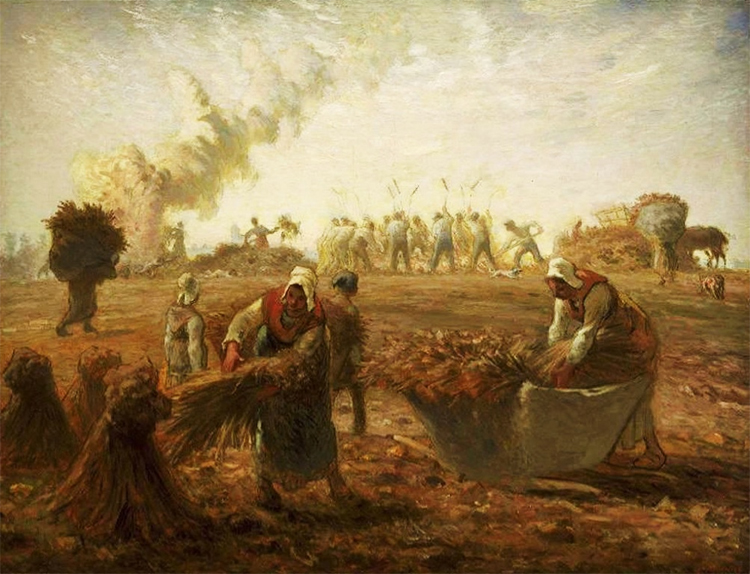Christian Art | George Herbert | The Temple | The Church | Redemption
George Herbert | The Temple | The Church | Redemption
Having been tenant long to a rich Lord,
Not thriving, I resolved to be bold,
And make a suit unto him, to afford
A new small-rented lease, and cancell th’ old.
In heaven at his manour I him sought:
They told me there, that he was lately gone
About some land, which he had dearly bought
Long since on earth, to take possession.
I straight return’d, and knowing his great birth,
Sought him accordingly in great resorts;
In cities, theatres, gardens, parks, and courts:
At length I heard a ragged noise and mirth
Of theeves and murderers: there I him espied,
Who straight, Your suit is granted, said, and died.

![]()
George Herbert | The Temple | The Church | Redemption
The poet describes himself as a ‘tenant’ to a ‘rich Lord’, establishing a relationship with God in terms of landlord and tenant. The poet indicates dissatisfaction with his spiritual ‘tenancy’, explaining that he has not ‘thrived’ in this role. Consequently, he decides to be ‘bold’ and approach God to ask for a ‘new, small-rented lease’, a metaphorical request for a fresh start or new terms in his relationship. The desire to ‘cancel the old’ lease reflects the poet’s wish to move beyond his past shortcomings and seek a more achievable agreement with God.
The poet then describes his journey to find this Lord, initially seeking him ‘in heaven at his manor’. The choice of ‘manor’ reinforces the metaphor of God as a landlord with a large estate, placing God in a position of wealth, power, and authority. However, upon arrival, the poet is informed that the Lord is ‘lately gone / About some land’ which He had ‘dearly bought / Long since on earth’. This description introduces a shift from the image of God as an aloof landlord to one who is deeply invested in earthly matters, specifically, land that God has paid for at great cost. This reference to land ‘dearly bought’ likely alludes to Christ’s sacrificial death, symbolizing spiritual salvation as something God achieved on earth and values highly.
In response, the poet immediately ‘return’d’ to earth to seek this Lord, motivated by an understanding of God’s earthly involvement. The line ‘knowing his great birth’ suggests the poet’s awareness of Christ’s dual nature, both divine and human, leading him to seek Christ in ‘great resorts’—places associated with public and secular life, such as ‘cities, theatres, gardens, parks, and courts’. This search indicates the poet’s belief that Christ might be found in places where people congregate and where daily life unfolds.
Eventually, however, the poet hears a ‘ragged noise and mirth / Of thieves and murderers’, an unexpected setting where he finally ‘espied’ the Lord. The image of finding Christ among criminals suggests the idea of Christ’s identification with sinners and the marginalized, a theme common in Christian theology. By associating with these individuals, Christ demonstrates humility and a willingness to be present in places of suffering and wrongdoing. This scene may evoke Christ’s crucifixion, where Jesus was executed alongside criminals, reinforcing Jesus’ role as one who redeems humanity through association with human sin and brokenness.
Upon seeing the poet, the Lord responds directly: ‘Your suit is granted.’ This statement, followed immediately by ‘and died’, suggests a moment of divine sacrifice, where Christ’s granting of the request coincides with his death. The simplicity of this interaction underscores the idea that Christ’s sacrifice is what allows for the ‘new lease’ or fresh start that the poet seeks. The death of Christ is portrayed as the final act of granting the poet’s request, implying that the poet’s redemption and renewed relationship with God are achieved through Christ’s sacrifice.
The poem, through its landlord-tenant metaphor, explores themes of grace, repentance, and redemption, presenting Christ as a figure who meets humanity in unexpected places and whose death allows for spiritual renewal. The poet’s search and Christ’s response illustrate the central Christian belief in salvation through Christ’s sacrifice.








